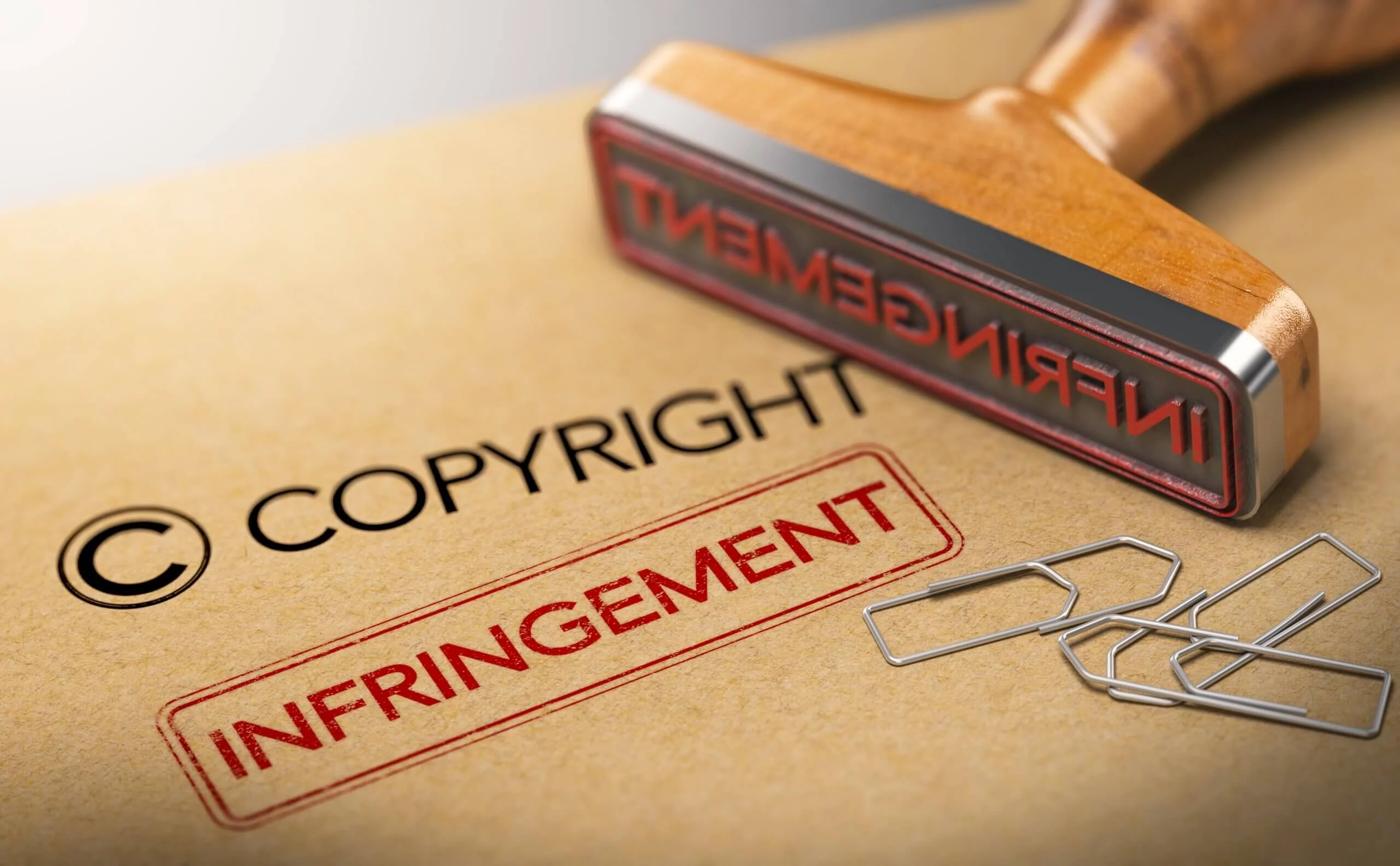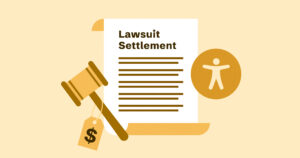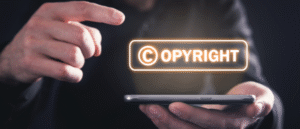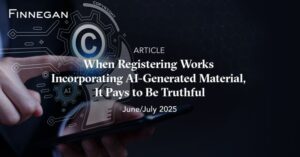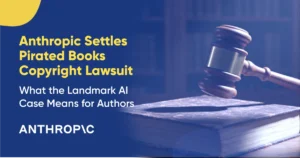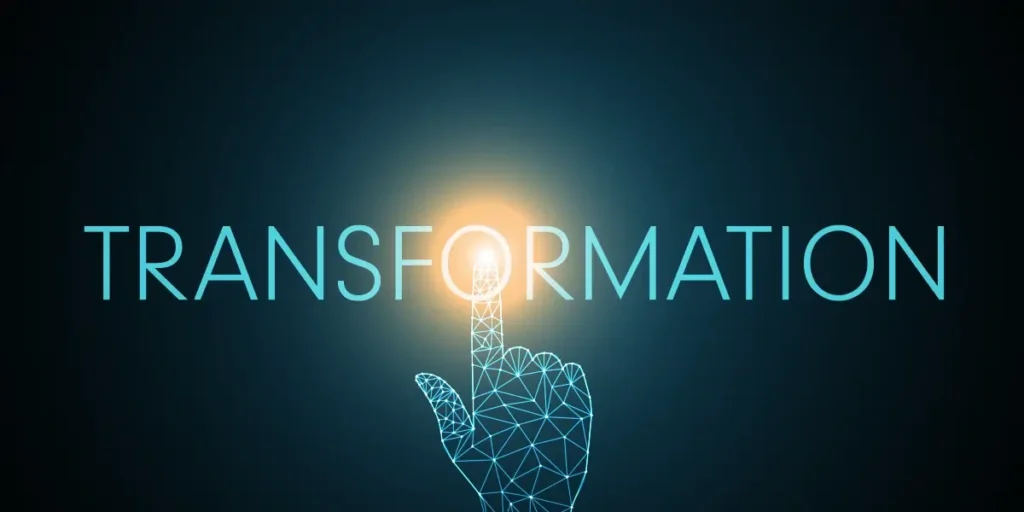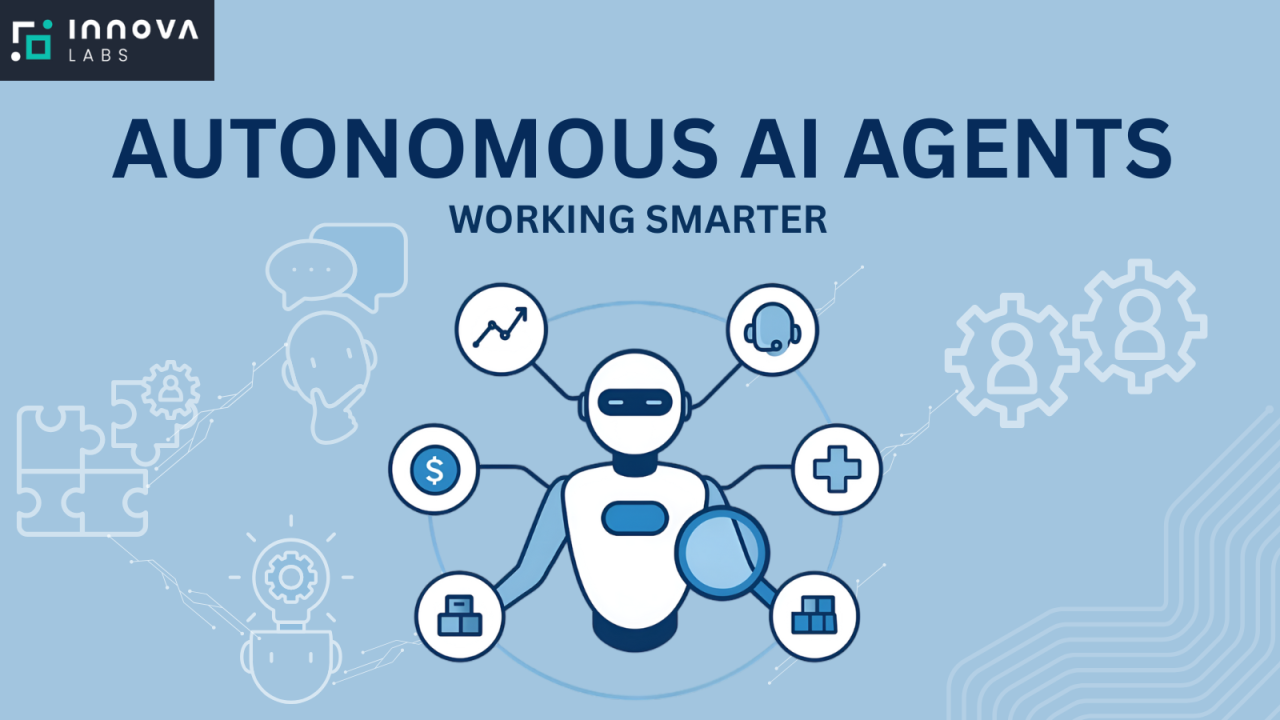Copyright Settlements: Navigating Legal Battles in the Age of Digital Content
Introduction
Copyright is one of the most important aspects of intellectual property law. It ensures that creators of original works—authors, musicians, software developers, filmmakers, and even businesses—retain the exclusive rights to control how their works are used, distributed, and monetized. Yet, in today’s digital era, copyright disputes are more frequent than ever, often leading to costly litigation.
Instead of allowing cases to drag on in court, many parties opt for copyright settlements—a legal resolution where both sides reach a compromise, usually involving financial compensation, licensing agreements, or agreed-upon usage rights. Settlements save time, reduce costs, and minimize reputational risks. However, they can also raise questions about fairness, precedent, and creative freedom.
This article takes a deep dive into copyright settlements, examining their structure, motivations, high-profile cases, and their evolving role in the digital economy.
What is a Copyright Settlement?
A copyright settlement is a legal agreement reached between two or more parties in a copyright dispute, typically outside of a full trial. Instead of waiting for a judge or jury to make a decision, the parties negotiate terms that resolve the issue.
Key features include:
-
Financial compensation – The alleged infringer pays a settlement amount to the copyright holder.
-
Licensing agreement – Permission is granted for continued use of the copyrighted work under defined terms.
-
Cease-and-desist – The infringing party agrees to stop using the protected work.
-
Confidentiality – Many settlements are private, with terms not disclosed to the public.
-
No admission of guilt – In most cases, settlements avoid direct acknowledgment of wrongdoing.
Why Do Copyright Cases End in Settlements?
-
Cost of Litigation
Copyright lawsuits can cost millions of dollars in legal fees and stretch on for years. Settlements help reduce financial and time burdens. -
Uncertain Outcomes
Courts may rule unpredictably, especially in complex cases involving technology, digital media, or fair use. Settlements provide certainty. -
Reputational Protection
Prolonged trials may damage public image. Quick settlements allow companies or creators to move on without extended media scrutiny. -
Business Relationships
In industries like music, film, or software, companies often prefer to settle to preserve ongoing partnerships. -
Flexibility
Settlements allow creative solutions, such as joint ventures, cross-licensing, or future collaborations.
Types of Copyright Settlements
1. Monetary Settlements
The infringing party pays a lump sum or ongoing royalty to compensate the copyright holder.
2. Licensing Settlements
The infringer is granted permission to continue using the work under specific licensing terms.
3. Cross-Licensing Agreements
Common in software and technology disputes—companies exchange rights to use each other’s copyrighted materials.
4. Injunction-Based Settlements
The infringing party agrees to stop distributing or profiting from the copyrighted work.
5. Hybrid Settlements
Combinations of financial, licensing, and injunctive agreements tailored to specific disputes.
High-Profile Copyright Settlements
1. Napster and the Recording Industry
In the early 2000s, Napster, the pioneering file-sharing platform, faced lawsuits from the Recording Industry Association of America (RIAA). Instead of an endless legal battle, Napster eventually settled, agreeing to pay millions and transform into a licensed subscription service.
2. Google Books Settlement Attempt
Google faced lawsuits from publishers and authors for scanning millions of books without permission. While an ambitious settlement was proposed, it was ultimately rejected by the courts, illustrating how complex settlements can become in copyright cases.
3. Spotify and Music Rights Holders
Streaming platforms like Spotify have frequently faced lawsuits from songwriters and publishers over unpaid royalties. Several settlements have resulted in improved royalty payment structures and licensing agreements.
4. Disney and Independent Artists
Disney has faced multiple copyright challenges related to its characters and films. In some cases, Disney has quietly settled with smaller creators to avoid negative publicity.
5. Software and Open Source Disputes
Major tech companies have often settled with open-source developers when accused of using code without proper licensing. These settlements ensure compliance and strengthen the credibility of open-source communities.
The Rise of Copyright Settlements in the Digital Age
The internet has dramatically increased both the scale and complexity of copyright disputes:
-
User-Generated Content: Platforms like YouTube and TikTok host billions of videos, many containing copyrighted music, images, or clips. Settlements with rights holders (such as Content ID systems) have become standard practice.
-
Software Piracy: Companies often settle with infringers rather than pursue long legal battles, especially in international contexts where enforcement is tricky.
-
AI-Generated Content: New legal gray areas are emerging. If an AI creates a piece of art or music, who owns the copyright? Early disputes are already leading to settlements between AI firms and artists’ associations.
-
Digital Media Distribution: With ebooks, music streaming, and film distribution, disputes over royalties and rights management are more common, leading to settlements as a practical resolution.
Pros and Cons of Copyright Settlements
✅ Advantages:
-
Saves time and money compared to lengthy trials.
-
Reduces reputational damage.
-
Provides flexibility in crafting creative resolutions.
-
Ensures privacy through confidentiality clauses.
❌ Disadvantages:
-
May allow large corporations to “buy out” smaller creators instead of facing justice.
-
Often keeps details hidden, preventing public accountability.
-
Can set unclear precedents for future cases.
-
Sometimes seen as unfair, especially if settlements are pressured.
Copyright Settlements and Fair Use
Fair use is one of the most debated aspects of copyright law. Courts must consider whether the use of copyrighted material is transformative, educational, or commercial. Many fair use disputes end in settlements rather than clear legal precedent, leading to ambiguity.
For example:
-
A YouTube creator using snippets of movies for reviews may face takedowns but could negotiate settlements for continued use.
-
Educational institutions often settle disputes involving digital course materials, rather than risk large fines.
Copyright Settlements in Different Industries
🎵 Music Industry
The music industry has historically been one of the most litigious when it comes to copyright. From sampling disputes in hip-hop to digital royalties on streaming platforms, settlements are a regular occurrence.
🎬 Film & Television
Studios often settle with scriptwriters, smaller production companies, or even fans who create derivative works. These settlements prevent damaging publicity while ensuring continued control over franchises.
💻 Software Industry
Software copyright cases often involve alleged code copying or licensing violations. Settlements usually involve licensing fees or software audits.
📚 Publishing
Authors, publishers, and digital distributors often clash over e-book rights and royalties, with settlements maintaining long-term partnerships.
🌐 Digital Platforms
Companies like Meta, Google, and TikTok frequently settle with music and film rights holders to enable content sharing while compensating creators.
The Role of Mediation and Arbitration
Many copyright disputes never reach court because alternative dispute resolution (ADR) methods—like mediation or arbitration—are employed. These approaches encourage negotiation and confidentiality, leading to settlements without public trials.
International Copyright Settlements
Different countries have unique copyright laws, making international disputes especially complicated. Cross-border settlements are common in:
-
Film distribution rights
-
Music licensing across multiple regions
-
Software and gaming markets
International organizations like the World Intellectual Property Organization (WIPO) encourage global copyright dispute settlements to harmonize enforcement.
The Future of Copyright Settlements
As AI, blockchain, and digital media reshape intellectual property, copyright settlements will evolve. Future trends may include:
-
Blockchain-based licensing for automated settlements.
-
AI copyright disputes resolved through specialized arbitration.
-
Collective bargaining by artists, ensuring fairer settlement terms.
-
Transparent settlements with public disclosure for accountability.
Conclusion
Copyright settlements have become a cornerstone of modern intellectual property law. They provide a practical solution to disputes in a world where content is more abundant and accessible than ever before. While settlements save time, money, and reputation, they also raise concerns about fairness, accountability, and precedent-setting.
As digital technology continues to blur the lines of ownership, the balance between protecting creators’ rights and enabling innovation will hinge increasingly on negotiated settlements. Whether in music, film, publishing, or software, copyright settlements remain both a shield for creators and a tool for business compromise—an essential mechanism in the ever-expanding creative economy.
For quick updates, follow our whatsapp channel –https://whatsapp.com/channel/0029VbAabEC11ulGy0ZwRi3j
https://bitsofall.com/european-ai-push-strategy-momentum-road-ahead/
MLOps and Automation: Driving the Future of AI and Machine Learning

